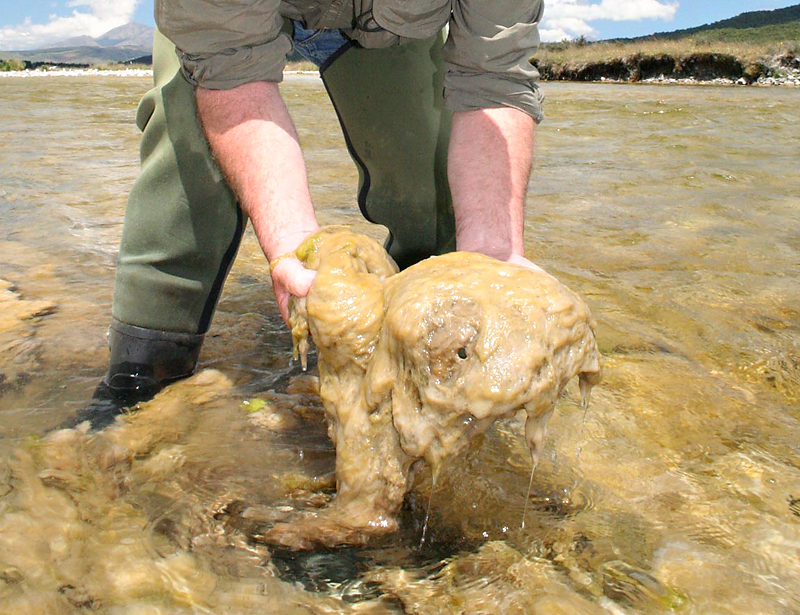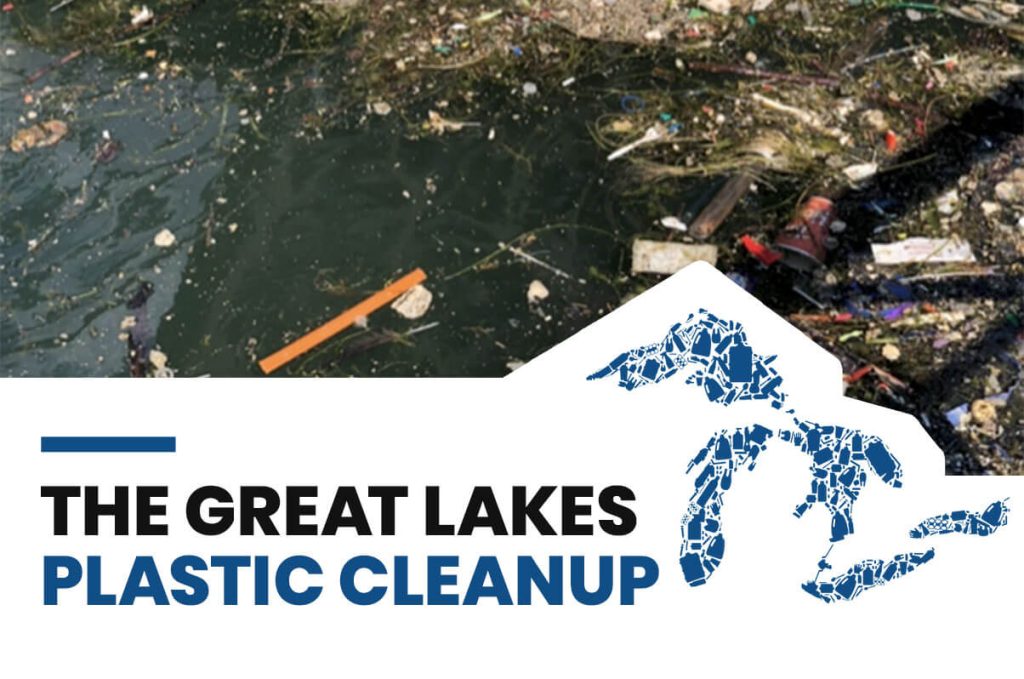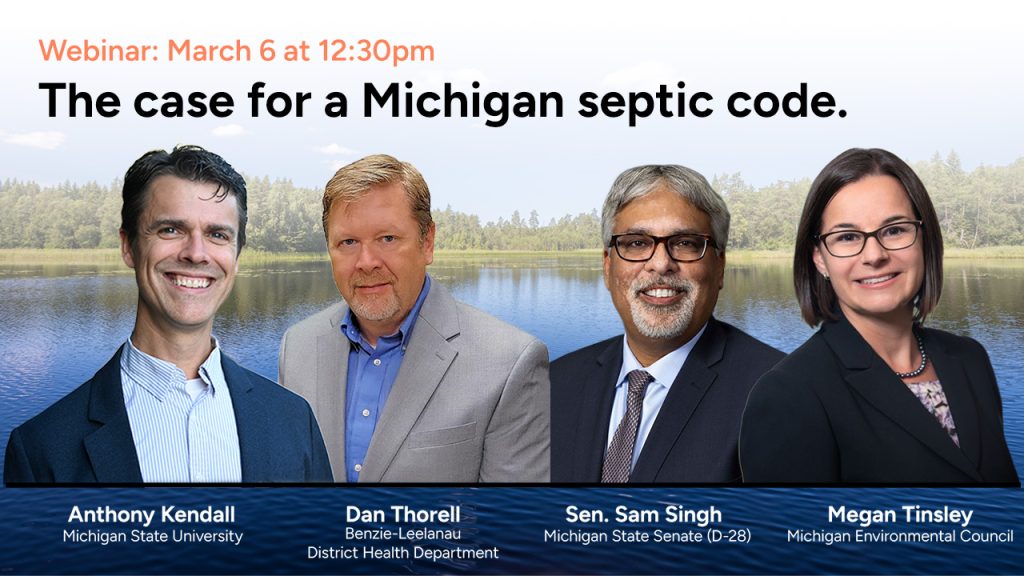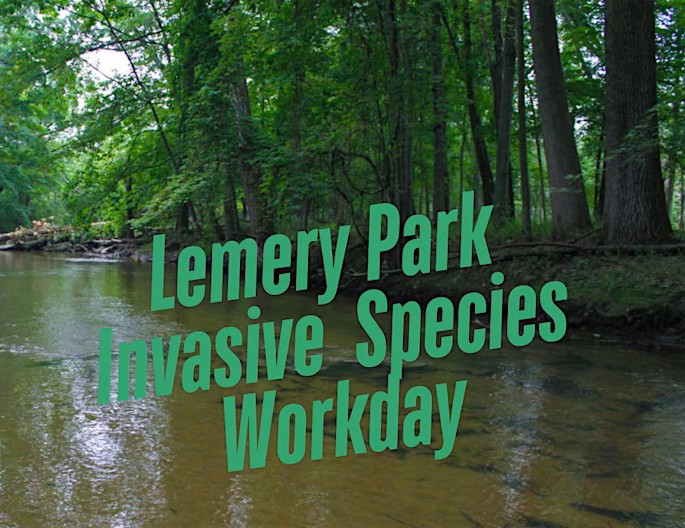
- This event has passed.
Aquatic Invasive Species Webinar: Didymo
February 12, 2025 @ 12:00 pm - 1:00 pm
Free
Join the AIS Webinar, “Didymo? How about Didy-less. Collaboration and citizen science to combat rock snot in Michigan” on Wednesday, February 12, at 12 pm EST. Dr. Jordyn Stoll, Aquatic Ecologist with Michigan Trout Unlimited, will be giving a talk through Zoom, with 45 minutes of presentation and 15 minutes saved for questions.
In this webinar:
Didymosphenia geminata, commonly known as Didymo or “rock snot,” is a diatom algae that causes significant ecological challenges when it blooms in Michigan’s coldwater streams. The causes behind these blooms remain unclear, but researchers and community members are working together to understand and mitigate the risks.
This webinar will delve into the history and ecology of Didymo in Michigan, its impact on rivers and native organisms, and practical ways to prevent its spread. You’ll also learn how to get involved through monitoring, reporting, and clean gear practices to protect our waterways. Whether you’re an angler, a conservation enthusiast, or simply care about the health of Michigan’s rivers, this webinars offers valuable insights and actions you can take to make a difference.
About the speaker:
Dr. Jordyn Stoll, Trout Unlimited
Jordyn’s formal interest in Aquatic Ecology began during her undergraduate work at Cleveland State University, where she helped with research using diatom fossils to understand changes in lake conditions over time. From there, she pursued a PhD at Kent State University, where she studied the effects of nutrients on algae in the Great Lakes, Lake Victoria in Kenya, and the Cuyahoga River, specifically aimed at better understanding harmful algal blooms. Now as an Aquatic Ecologist with Michigan TU, she hopes to engage Michiganders in better understanding and preventing the spread of Didymo, while also working to improve coldwater habitat through restoration efforts such as dam removals.
Register HERE.
Join the webinar via ZOOM using this link.



